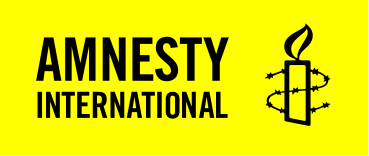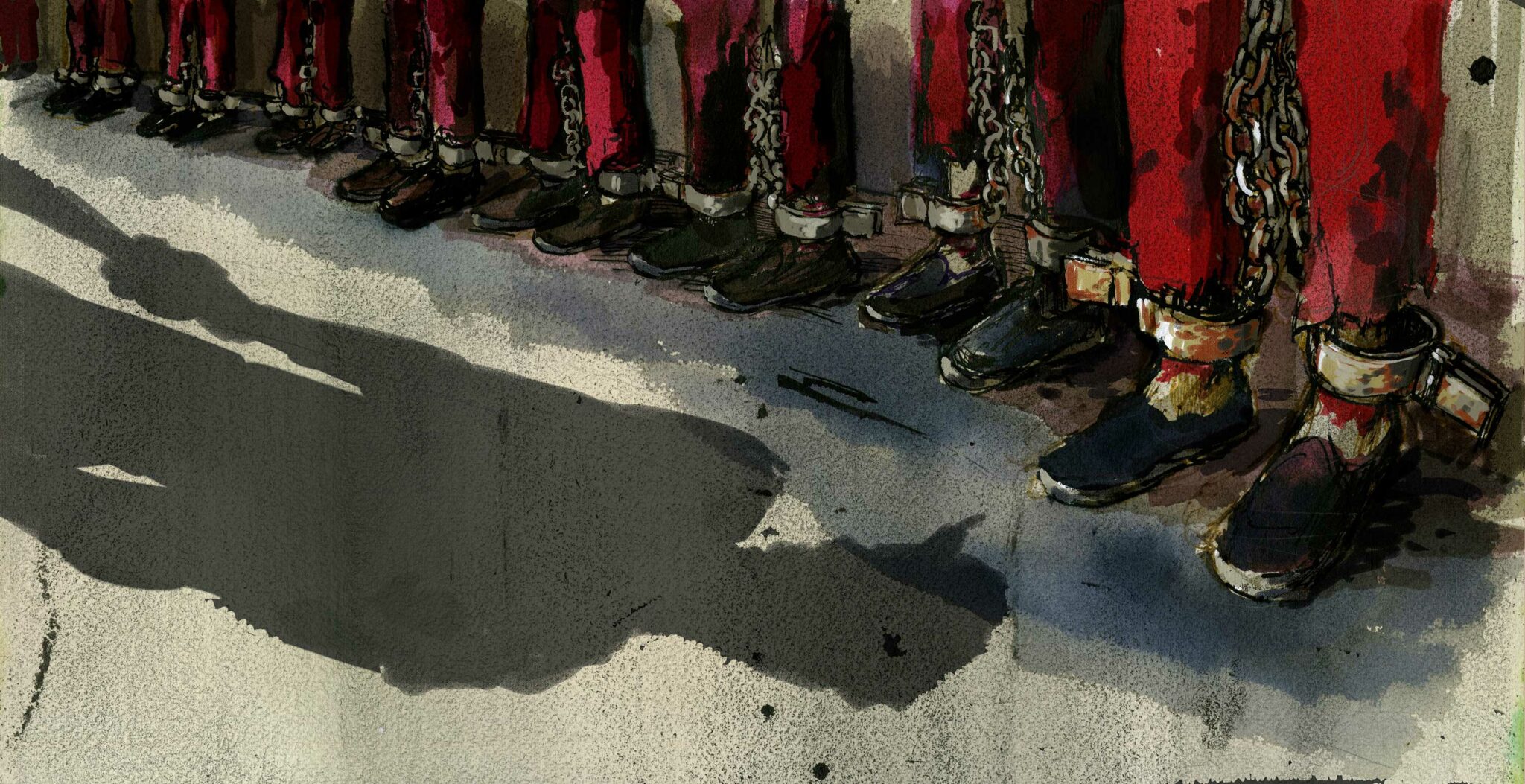Destruction of religious and cultural artefacts
Numerous former residents of Xinjiang told Amnesty International that it had become forbidden to possess any religious artefacts in their houses or any religious content on their phones, including religious books, films, or photographs. Amnesty also spoke with three individuals – two former government cadres and one person who assisted government cadres – who had been involved with the monitoring and searching of people’s property; two of them provided first-hand accounts of removing prohibited artefacts from Muslim households.
Several former residents also said that cultural books, artefacts, and other content associated with Turkic Muslim culture have, in effect, been banned. Members of ethnic minority groups were pressured to destroy these and replace them with Chinese books and art. [[[Amnesty International interviews.]]] “The restrictions are not just about religious things… I was in my cousin’s house and [they were made to take down] their traditional wood carvings, and even the carpets [were cut]. There was something written in Uyghur on the back of the carpet… Since it was written in Uyghur [the authorities] made them cut it off,” Saken said. [[[Amnesty International interviews.]]]
Former residents reported that their homes were searched by police or government cadres. Some reported burning or destroying all their books and cultural artefacts related to Islam or Uyghur or Kazakh culture in anticipation of being searched. “There was an announcement that everyone should bring in their books [to the government office]… We had a bookshelf. We had Uyghur books. We didn’t submit the books because that would be supplying evidence. So, we hid the books. Some people burned the books. We hid them while I was there,” Gohernisa said. [[[Amnesty International interviews.]]] “We were afraid. We tore [our Qur’an] into little pieces and then burned it,” Saken said. [[[Amnesty International interviews.]]]
Raziya described how she observed that between 2016 and 2017 government officials in her area went from targeting certain “categories” of religious people – for example, those who dressed in a religious manner or other local government officials (who were required to be secular) – to targeting all Muslims. She said that in 2017 local government officials started searching all Muslims and Muslim households for signs of religious practice. She described the lengths to which her family went to hide the religious artefacts in their house:
“[Security agents] started checking phones in the street and searching for Qur’ans and prayer mats and prayer beads [in our house]… We had to get rid of these things… We couldn’t just throw [our Qur’an] away so we put it in a pot and boiled it, then we threw it away. We believed that if we boiled it then the police couldn’t find the fingerprints on the books. [[[Amnesty International interviews.]]]
Meryemgul, who worked for the government, said government officials would regularly visit the houses of Muslim families in her village to check for any signs of religious practice, and that if religious artefacts were found, those families were at risk of being sent to camps. [[[Amnesty International interviews.]]]
[I]f there is a crescent on the door, you have to remove it. If there is any shape, like a dove or an ark, you have to change it… Anything from a different culture, you have to change it… There was one Qur’an given by the government allowed in each house. You can’t have anything else related to religion.
Aiman, who worked for the government, told Amnesty how government cadres and police barged into the homes of Muslim families and forcibly confiscated all religious artefacts:
We went to [a part of the village] where 20 families from [a Muslim ethnic group] lived. We had to take out everything to do with religion and show them that these were illegal things… While we were doing this, we wouldn’t even knock on the door… We would just go in without asking for permission… People were crying… We gave everything to the police… We also told them to remove things written in Arabic.
Aiman also explained to Amnesty that government cadres regularly monitored the houses of ethnic minorities for religious artefacts. “[When we visited the houses of families we were responsible for] we had to make sure they did not have a photo of a mosque or anything linked to religion. And everyone was required to have a Chinese flag. We told them to remove photos [of mosques] and to put up flags.” [[[Amnesty International interviews.]]]
Mehmet, who also worked for the government, told Amnesty that he and his colleagues were responsible for searching people’s homes for religious and cultural artefacts. “We would check every house in the village for literature and books written in Kazakh or calligraphy in Arabic, he said. We had to collect and burn them… We gathered the books [from people’s homes] and then took them to the community office. The guards at the officed burned them. I saw them.” [[[Amnesty International interviews.]]]



